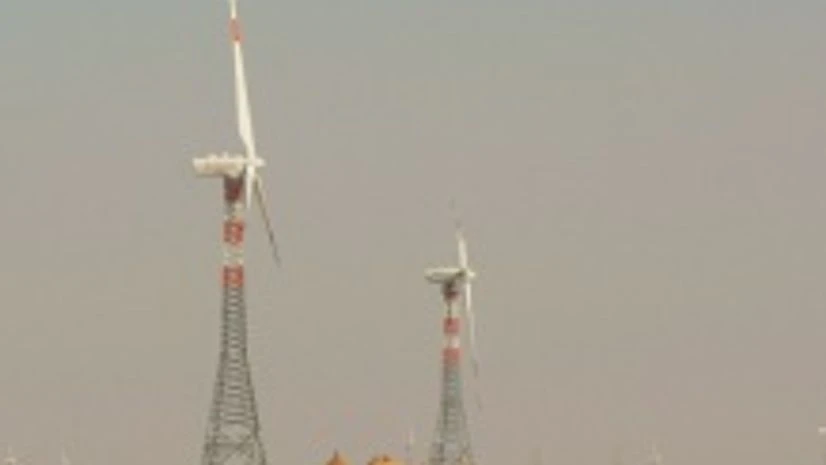US-based Taro Pharmaceutical Industries, subsidiary of Sun Pharmaceutical here, and other group affiliates are investing in a $225-million wind energy project in America.
The investment is proposed for tax gains through accelerated depreciation and production tax credits. However, the move has not gone down well with analysts, who have termed the proposed investment a non-optimal use of cash.
The plan comes nine months after Sun Pharma's promoter and managing director, Dilip Shanghvi, bought a 23 per cent non-controlling stake in wind energy turbine maker Suzlon for Rs 1,800 crore. Suzlon will also be a beneficiary of the Taro transaction, as it will supply wind turbine generators to the project.
Also Read
Sun Pharma and its affiliates own 69 per cent in Taro, which is listed on the New York Stock Exchange. Taro has sought shareholder approval for the investment, in an annual general meeting notice to its members.
Of the $225 mn project, the debt component will be 85 per cent. The rest will be funded by the project developer and a limited liability company floated by an affiliate of Sun Pharma. The filing does not name the affiliate. Taro will invest about $8 mn. On completion of construction, the Sun Pharma affiliate will take over the project ownership, estimated to be $250 mn.
As mentioned earlier, Taro's filing says the investment is solely for a tax advantage and it does not plan to enter the renewable energy sector. However, analysts are critical.
“While the investment is in line with Sun's much-talked tax planning exercise, this is a negative due to two factors. Sun has a cash balance of $1 billion but its payout is only 15 per cent. The management has always guided (stated) that the cash (it keeps back) will be used for acquisition in the pharma space and this investment is, in our view, a divergence from this and not an optimum use of cash,” Jefferies' analysts Piyush Nahar and Poornaa Venkatesan wrote in an investor note.
Credit Suisse estimates the tax savings to be $175 mn, through production tax credits and accelerated depreciation over 10 years upon completion of the construction.
“The tax savings are substantial but comes from investment in unrelated areas with no expertise. It has created strong value in past merger & acquisitions but the question raised is whether the same money in pharma could deliver higher value,” wrote Credit Suisse analysts Anubhav Agarwal and Chunky Shah.
“Despite tax savings, we see the wind power transaction as an inferior method of capital allocation. While it might not reflect the lack of re-investment opportunities in pharma, we believe the company would be better off distributing the cash to investors, who can always choose to invest in wind power companies or seek other tax-efficient vehicles,” said Kotak Institutional Equities.

)
